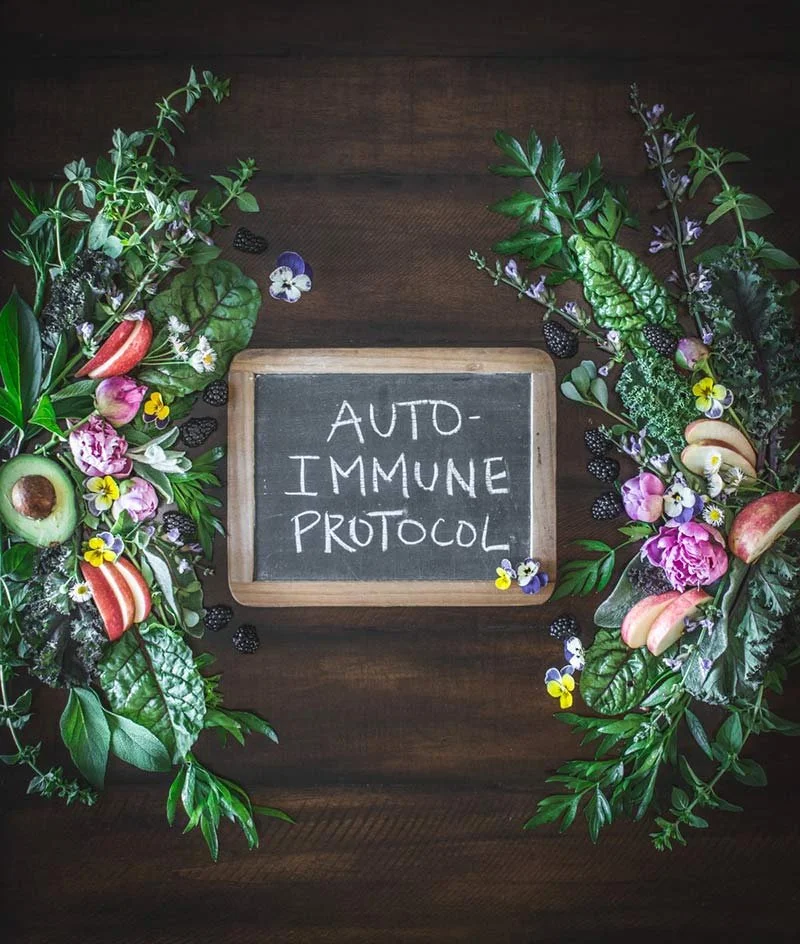If you have been following us recently, you will know that Dr. Ashley just released her book, Restorative Kitchen: a cookbook and lifestyle guide for preventing and reversing autoimmunity and chronic disease. We are so excited and grateful she had produced this valuable resource for those who are struggling with autoimmunity, leaky gut, chronic illness, or just want to pursue vibrant wellness. This post serves to introduce you to some ideas discussed in the book.
What is the Autoimmune Protocol?
The autoimmune protocol (AIP) is an elimination diet that removes foods that are known to drive inflammation and symptoms, followed by a careful reintroduction period to rule out reactivity. Removing potentially problematic foods can decrease inflammation, rebalance the gut flora, soothe the gut lining, regulate blood sugar, modulate the immune system, resolve nutrient deficiencies, and bring overall healing to the body. These foods often include grains, dairy, sugar, corn, soy, eggs, nuts/seeds, and other food additives. In addition to dietary factors, we recommend various strategies for a health-promoting lifestyle, such as reducing one’s toxic load, managing stress, using healing therapies, exercising, improving sleep hygiene, and cultivating meaningful relationships. Note that these strategies—eating a nutrient-dense healing diet and cultivating healthy lifestyle habits—can play a significant role in promoting healing and wellness not just for those with autoimmune conditions but for many individuals.
Although there is no one-size-fits-all approach to nutrition and health, people struggling with autoimmune disease and chronic illness often do best on the autoimmune protocol. As you walk through the diet laid out in the book, be mindful of your body and the changes you experience. We often recommend to patients that they keep a journal tracking their progress and symptoms. Observing your body carefully can be incredibly empowering to your healing process and can produce more successful results.
The elimination stage can last for different lengths of time, depending on the individual and their health status. Typically, we recommend at least a month or two, but you may find it necessary to extend the period of time based on your symptoms and the degree of your health concerns. It is extremely important to completely avoid the restricted foods during this phase of elimination, as the outcome can be compromised if you do not. There is no limit on calories or frequency of meals during this time; eat from the “Foods to Enjoy” list when you are hungry. Ideally, you will be working with a functional medicine or holistic doctor during the elimination stage who can help you decrease inflammation, modulate the body’s immune response, correct nutrient deficiencies, and heal and seal the gut lining.
Reintroduction of Foods
After the initial elimination phase, the next step is to reintroduce the avoided foods, doing so one at a time to evaluate the body’s response. Typically patients see immediate results if they have a sensitivity to the reintroduced food. This is indicative of a deeper food sensitivity or further healing needs to take place. Instructions for reintroduction are clearly laid out in Restorative Kitchen. Again, it will likely be helpful to work with a functional medicine practitioner during this time to reintroduce trigger foods in a way that is appropriate for your body and specific health condition.


